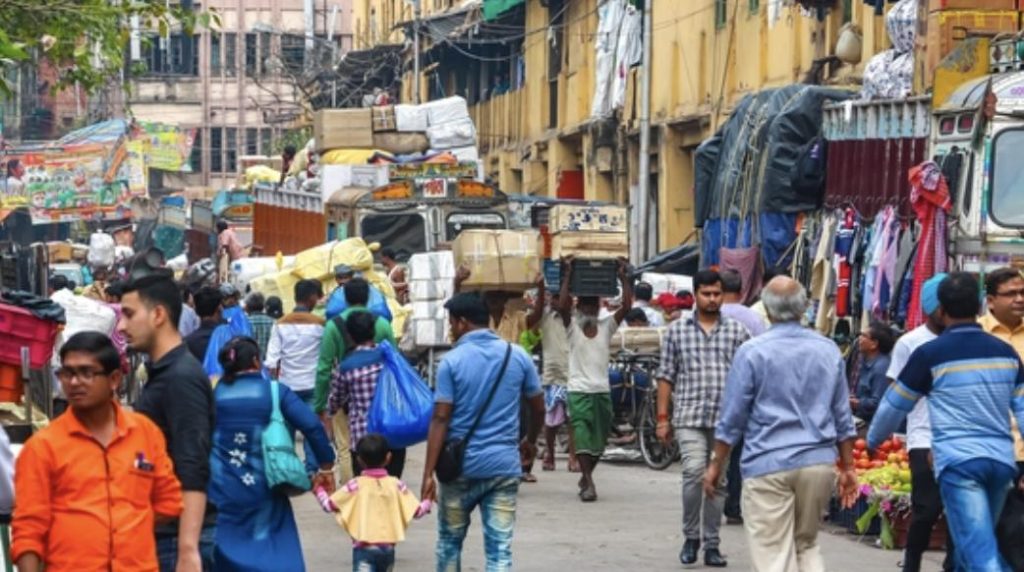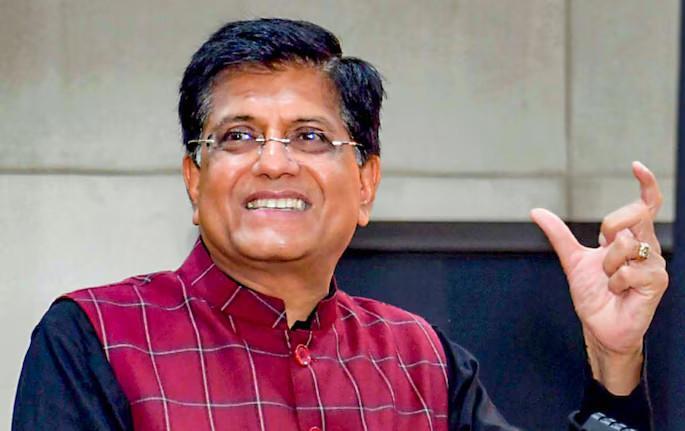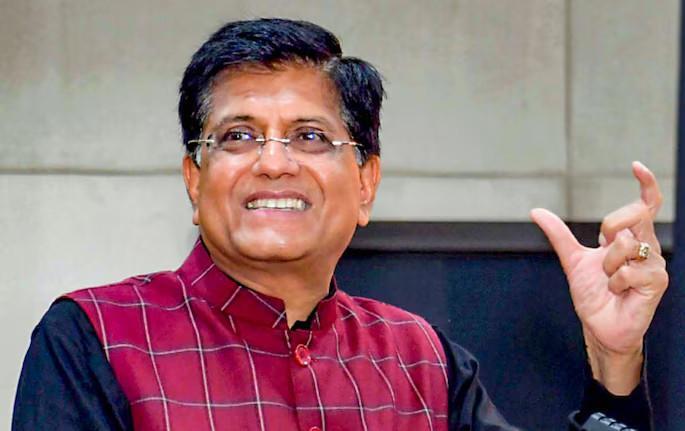
Mizoram Body Urges Centre to Rethink India-Myanmar Border Fencing
The Central Young Mizo Association (CYMA), a prominent organization in Mizoram, has submitted a memorandum to Home Minister Amit Shah, urging the Centre to reconsider its decision to fence the India-Myanmar border and abolish the Free Movement Regime (FMR) between the two countries. The memorandum, which was submitted recently, highlights the potential negative impact of these measures on the cultural and ethnic ties between the people of Mizoram and Myanmar.
The proposed border fencing and abolition of the FMR have been met with widespread opposition from various quarters in Mizoram, with many arguing that these measures will disrupt the long-standing cultural and economic ties between the two countries. The FMR, which has been in place since 1994, allows people from both sides of the border to move freely, facilitating trade, tourism, and cultural exchange.
The CYMA memorandum, which was signed by its president, Lalmalsawma, and secretary, Lalthawmliana, highlights the importance of maintaining the FMR and the potential consequences of its abolition. The memorandum states that the proposed abolition of the FMR and border fencing would have a “detrimental effect on the vital ethnic and cultural connections” between the people of Mizoram and Myanmar.
The CYMA is not the only organization to have expressed concerns about the proposed measures. Several other civil society organizations, including the Mizo Hnuai Thar (MHT), the Mizo Zirlai Pawl (MZP), and the Young Mizo Association (YMA), have also opposed the border fencing and abolition of the FMR.
The concerns about the proposed measures are not limited to the civil society organizations. Many individuals, including business owners, farmers, and students, have also expressed their opposition to the border fencing and abolition of the FMR. They argue that these measures will disrupt the trade and economic ties between the two countries, leading to financial losses and unemployment.
The proposed border fencing and abolition of the FMR have also been criticized by several experts, who argue that these measures are not necessary and will not improve the security situation along the border. The experts point out that the border has been largely peaceful and that the FMR has been effective in preventing any major incidents.
The CYMA memorandum has been submitted to Home Minister Amit Shah, who is responsible for the country’s internal security and border management. The memorandum is urging the Home Minister to reconsider the decision to fence the India-Myanmar border and to maintain the FMR. The CYMA is also seeking a meeting with the Home Minister to discuss the concerns and fears of the people of Mizoram.
The decision to fence the India-Myanmar border and abolish the FMR was taken by the Centre in June this year. The Centre had argued that the measures were necessary to improve the security situation along the border and to prevent illegal immigration and smuggling.
However, the decision has been met with widespread opposition from various quarters in Mizoram, with many arguing that the measures will disrupt the cultural and economic ties between the two countries. The opposition to the proposed measures has been so strong that it has led to a debate in the state about the importance of preserving the cultural and ethnic ties between the people of Mizoram and Myanmar.
The debate has highlighted the complex relationship between the two countries and the importance of maintaining the cultural and economic ties between them. It has also highlighted the need for the Centre to engage in a more meaningful dialogue with the people of Mizoram and Myanmar to understand their concerns and fears.
In conclusion, the CYMA memorandum urging the Centre to reconsider its decision to fence the India-Myanmar border and abolish the FMR is a timely reminder of the importance of preserving the cultural and ethnic ties between the people of Mizoram and Myanmar. The proposed measures are not necessary and will only disrupt the trade and economic ties between the two countries. The Centre must reconsider its decision and engage in a more meaningful dialogue with the people of Mizoram and Myanmar to understand their concerns and fears.




